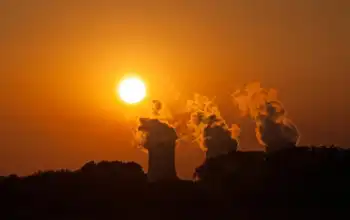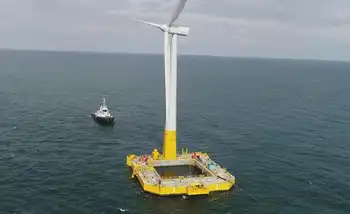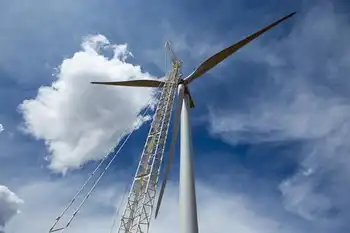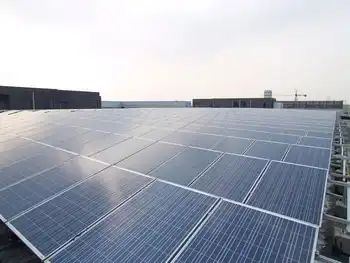BC Hydro activates "winter payment plan"
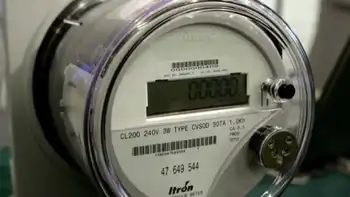
CSA Z463 Electrical Maintenance -
Our customized live online or in‑person group training can be delivered to your staff at your location.

- Live Online
- 6 hours Instructor-led
- Group Training Available
BC Hydro Winter Payment Plan lets customers spread electricity bills over six months during cold weather, easing costs amid colder-than-average temperatures in British Columbia, with low-income conservation support, energy-saving kits, and insulation upgrades.
Key Points
Allows BC Hydro customers to spread winter electricity bills over six months, with added low-income efficiency support.
✅ Spread Dec-Mar bills across six months
✅ Eases costs during colder-than-average temperatures
✅ Includes low-income conservation and energy-saving kits
As colder temperatures set in across the province again this weekend, BC Hydro says it is activating its winter payment plan to give customers the opportunity to spread out their electricity bills as demand can reach record levels during extreme cold periods.
"Our meteorologists are predicting colder-than-average temperatures will continue over the next of couple of months and we want to provide customers with help to manage their payments," said Chris O'Riley, BC Hydro's president.
All BC Hydro customers will be able to spread payments from the billing period spanning Dec. 1, 2017 to March 31, 2018 over a six-month period.
Cold weather in the second half of December 2017 led to surging electricity demand that was higher than the previous 10-year average and has at times hit all-time highs during peak usage periods, according to BC Hydro.
Hydro operations also respond to summer conditions, as drought and low rainfall can force adjustments in power generation strategies.
People who heat their homes with electricity — about 40 per cent of British Columbians — have the highest overall bills in the province, $197 more in December than in July, when air conditioning use can affect energy costs.
This is the second year the Crown corporation has activated a cold-weather payment plan, part of broader customer assistance programs it offers.
BC Hydro has also increased funding for its low-income conservation programs by $2.2 million for a total of $10 million over the next three years.
The low-income program provides energy-saving kits that include things like free energy assessments, insulation upgrades and weather stripping.






